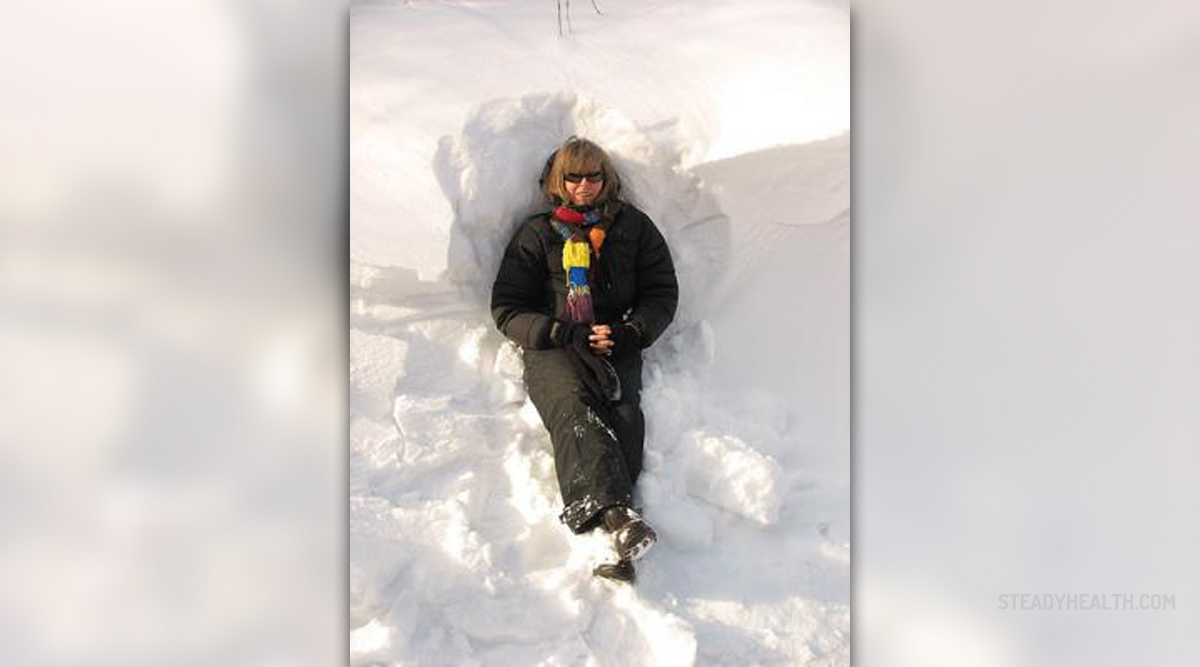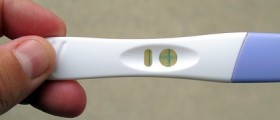
Menopause is the period of female life which features with the loss of menstruation. This loss has to last 12 months so the state can be classified as menopause. The transition towards the state characterizes with the varying menstrual cycle. This transition is called premenopausal period. Post menopause is the period after the last menstrual period.
Menopause starts as the ovaries cease to function. During the female reproduction period women's ovaries produce eggs each month. These eggs are ready to be fertilized by the semen. The ovaries are also in charge with the normal production and release of female hormones estrogen and progesterone which are responsible for proper development of female body characteristics (body figure, normal breast development, body hair). Estrogen for example is important for bones. In menopause since the production of this hormone is not satisfying the women tend to develop osteoporosis more often. The typical age for women to enter menopause is 51 but this varies a lot.
The symptoms are specific for each woman but they can generally be classified as most women do tend to experience similar symptoms and signs of the condition.
Unbalanced or irregular vaginal bleeding is rather usual for most women entering menopause. Some may experience minor problems with the bleeding while others may encounter extreme bleeding. The pause between menstrual periods is longer. Sometimes the pause lasts up to 7 or 8 months. In case of these changes a woman must visit her gynecologist because the doctor has to rule out the possibility of other possible diseases before he/ she sets the definitive diagnosis of menopause. The fertility is in this period reduced due to lack of ovulation. However some women still can get pregnant and that is why those who do not plan a family should use contraception in order to prevent pregnancy.
Hot flashes and night sweats are symptoms common to many women. A hot flesh is a feeling of heat which spreads all over the body. The woman can be hot even during winter and cold days. These last up to several minutes and are explained by the hormone imbalance. The duration of the hot flashes is individual. Some women tend to have them for couple of years while others must deal with them for 10 years. Hot flashes may go together with night sweats. Night sweats can cause problems with sleeping which may result in fatigue.
Vaginal symptoms such as dryness of the vagina, itching or pain during the intercourse are quite common and caused by hormonal imbalance. The risk of vaginal infections is high. Similar the women in menopause tend to develop urinary infections more than other women.
Emotional problems and irritability may be present as well. It is not quite clear if these problems are caused by the lack of hormones or the fact that women are aware of the menopause and feel that they are no longer attractive and are getting older. This has been studied for years and hopefully the results will be available soon.
And finally some women report they have gained weight since they entered the menopause. The truth is that the body fat may tend to be distributed more in waist and belly area rather than in the hips and thighs. Additionally due to small production of male hormone testosterone some women may have problem with excessive facial hair and hair on the chest and abdomen.






-In-Adults_f_280x120.jpg)










Your thoughts on this
Loading...